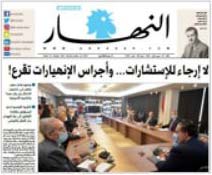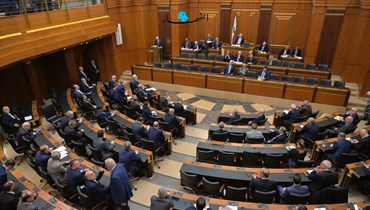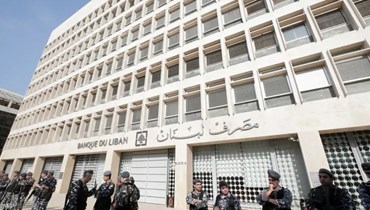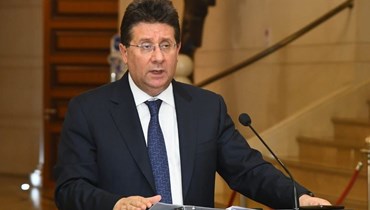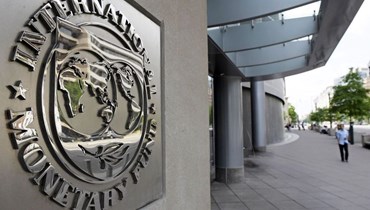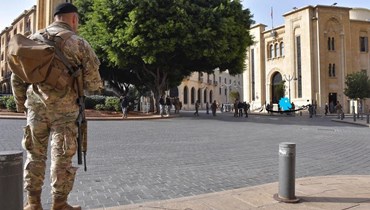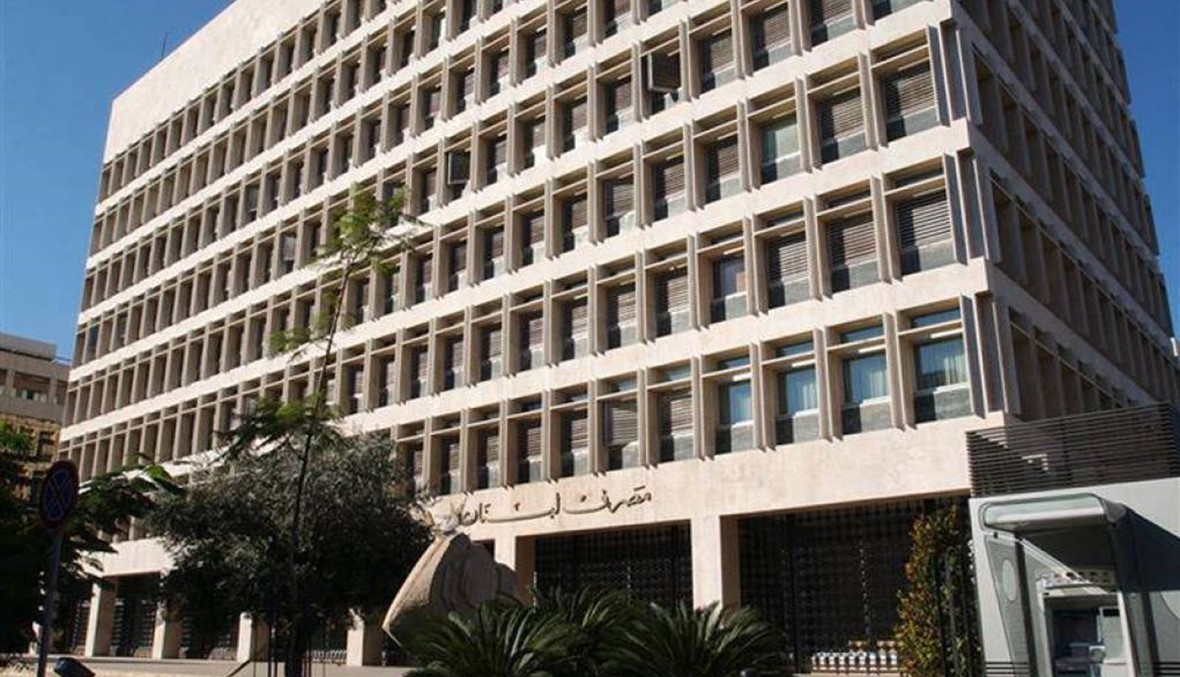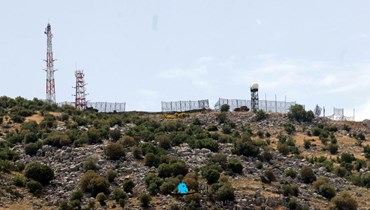Lebanon's Central Bank takes new measure to protect currency peg
BEIRUT: Lebanon's Central Bank issued a circular Monday stipulating that all electronic money transfers from abroad be exclusively paid out in Lebanese pounds, in an attempt to limit the outpour of US dollars.
The circular requires that all international electronic money transfers, sent through establishments like OMT and Moneygram, be converted to Lebanese pounds, thus encouraging "the use of the Lira within Lebanon's economy," leading senior debt specialist Jamil Hallak told Annahar.
Hallak describes the latest procedure as an incremental measure to support the Lira amid the delicate economic state of Lebanon, while also adding an extra layer of "visibility for the Central Bank to further control the outflow and inflow of both Lebanese pounds and US dollars."
This comes against the backdrop of President Michel Aoun attempting to alleviate concerns over the state of Lebanon's coffers and its ability to meet its debt obligations.
On Sunday, Aoun met with Prime Minister-designate Saad Hariri and Banque Du Liban officials to discuss the latest developments, with caretaker Finance Minister Ali Hassan Khalil backtracking on his previous comments which suggested that a debt restructuring plan was on the table.
Instead, Khalil hinted at a debt rescheduling proposal, while Aoun vowed that bonds would be paid on maturity.
On Monday, Aoun reiterated that position, maintaining that "we are working hard to confront the difficulties and overcome the risks at hand."
"I want to reassure everyone that the bonds will be paid in full," he said, adding that possible fiscal reforms are currently being examined.
Lebanon's bond market was rattled late last week after Hassan Khalil suggested that a debt restructuring plan was being examined.
As his comments made rounds across Lebanon, causing panic among investors which led to a drop in bond prices and a surge in credit risk.
At the height of the confusion, the yield in the 2019 bond spiked to as much as 16 percent while the yield on bonds maturing in 2028 jumped to 56 bps to trade at 11.1 percent.
Khalil's comments were quickly challenged by both caretaker Economy Minister Raed Khoury and Deputy Prime Minister Ghassan, who insisted that no such plan was being considered in an attempt to calm the markets.
Lebanon has found itself in hot water in recent months, with its public debt soaring to more than 150 percent of GDP, constituting the world's third largest public debt-to-GDP ratio.
With the servicing cost on this debt expected to absorb 44 percent of the government’s revenues this year, concerns have risen on how long Lebanon can continue treading this unsustainable path.
Add to that the almost eight months long Cabinet formation crisis and Lebanese officials have been scrambling to weather the economic storm engulfing the small Mediterranean country and protect the Lira peg against the dollar.


 اشترِك في نشرتنا الإخبارية
اشترِك في نشرتنا الإخبارية


